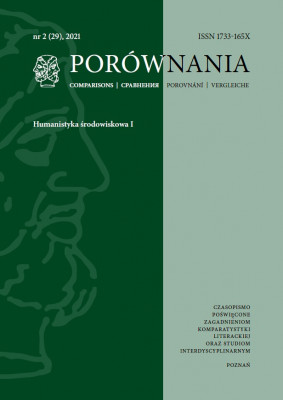Posthumanistic Landscapes in the Prose of Hiromi Kawakami
Hiromi Kawakami (born 1958) creates in her novels and short stories an original world of fantasy, inhabited with equal rights by human and non-human beings. Their universes mix with each other, obliterating taxonomic, aesthetic and ethical boundaries. As a result of the shift of focus from humans to amphibians, reptiles, mammals, plants and even inorganic matter, the human subject is decentered in Kawakami’s works, and the anthropocentric normative order is disturbed. It makes Kawakami’s prose fit well into the posthuman literary discourse present in the environmental humanities. In the article, I analyze such works by Kawakami as God Bless You, God Bless You 2011, A Snake Stepped On and Mogera Wogura, oscillating between a fairy tale and speculative fiction. They testify to the strong presence in contemporary Japanese literature of such topics, important for man of the Anthropocene, as the collective coexistence of humans and non-humans, the relationship between nature and culture, or environmental awareness.
| Article Title | Type | Size |
|---|---|---|
| 15 Kubiak Ho Chi | [pdf] | [164 KB] |
